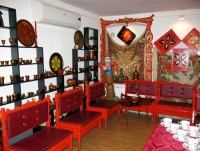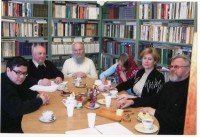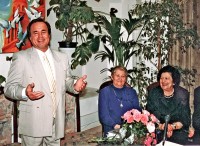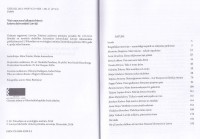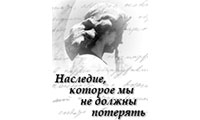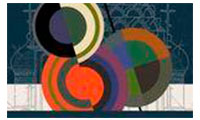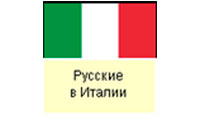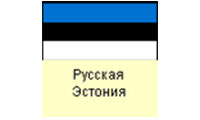Russian minority NGOs of Present-day Latvia
The end of the 1980’s is known as a period of rapid democratic reform in the USSR (Perestroika). This period was marked by a rise in civic engagement. After many years people were able to organise NGOs freely. In 1988 the ‘Baltic-Slavonic Society’ was founded by a group representing the Russian-speaking intelligentsia of Latvia. The aim of the association was ‘participating in the process of Perestroika by creating conditions for developing Byelorussian, Polish, Russian, Ukrainian and other Slavonic cultures in Latvia, and for enabling them to function alongside the cultures of the Latvian, Lithuanian, Estonian and other peoples’. In 1989 the next association ‘Latvia’s Society for Russian Culture’ was founded.
After the independence of Latvia was restored in 1991, the residents of the country turned their attention to restoring historical traditions and to the development of national identity in new conditions, as well as to protecting their interests and rights. Dozens of new non-government organisations started to appear. There are more than 50 NGOs currently registered in Latvia with the word ‘Russian’ appearing in the title. In actual fact there are far more Russian minority non-government organisations. Most of them have set themselves the task of preserving and developing Russian culture in Latvia as their principal duty. They vary in output but altogether play a noticeable part in the life of the Russian community of Latvia. The NGOs assist Latvian Russians in many areas of their activities as well as in becoming full-right citizens of the country.
Список старообрядческих организаций Латвии
Мария Булгакова. О русских общества в Риге
Борис Равдин. Русские литературные объединения Латвии 1990-2004














